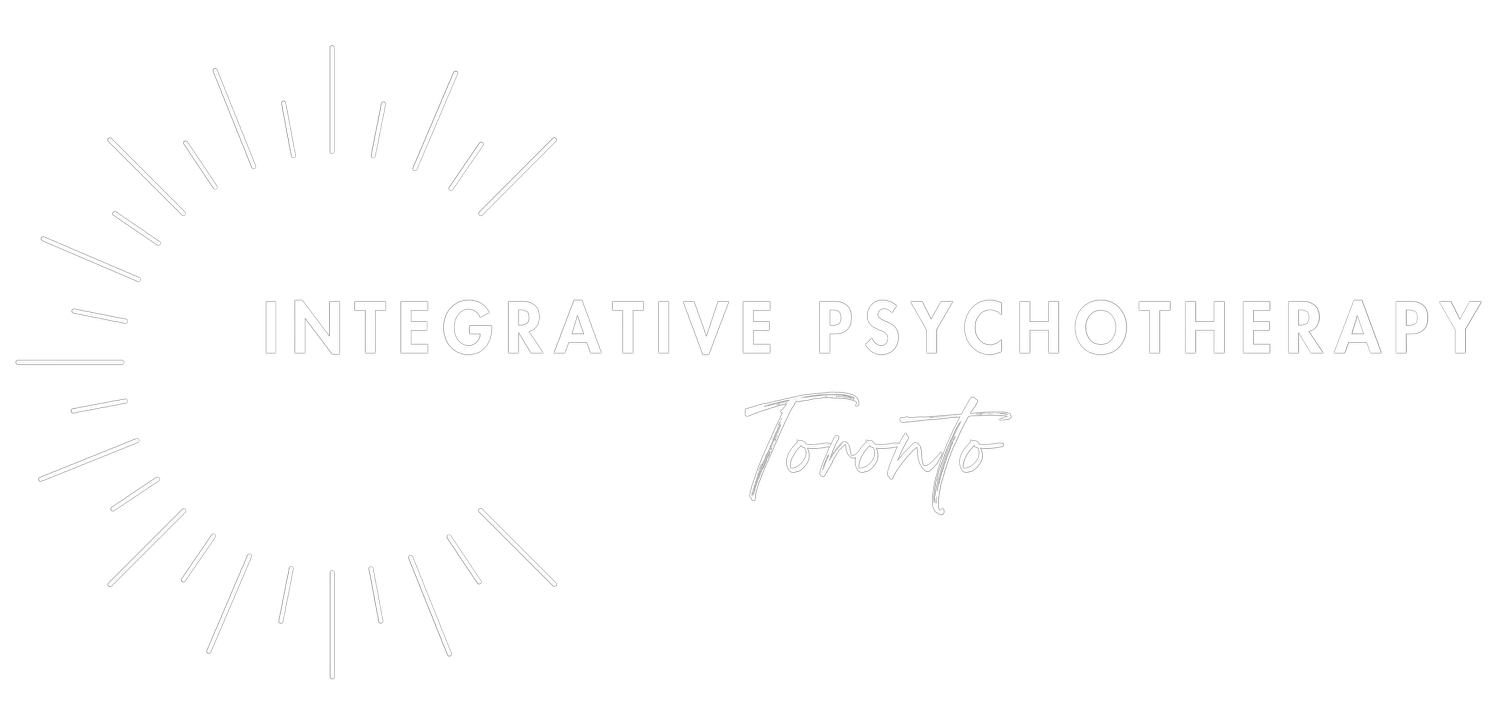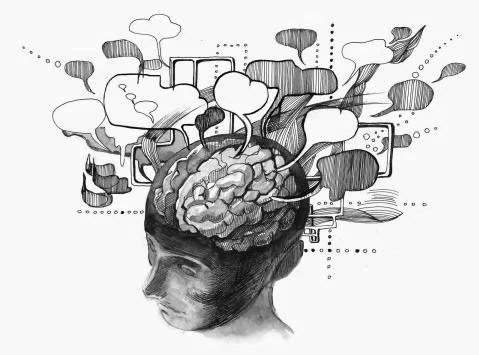“Trauma: When the past lives in the present”
Living with Post Traumatic Stress Disorder (PTSD) can feel like being trapped in an emotional loop—reliving the trauma over and over again. Whether it’s vivid flashbacks, nightmares, or the constant feeling of being on edge, PTSD rewires your brain and body, making it hard to feel safe or present. At Integrative Psychotherapy Toronto, we specialize in trauma-informed therapies that help you move beyond the shadows of trauma. With the right treatment, it is possible to regain a sense of calm, safety, and control in your life.
Trauma doesn’t have to be a life sentence. By working with the body and mind through proven therapies like EMDR, Somatic Therapy, Internal Family Systems (IFS), Deep Brain Reorienting (DBR), and Breathwork, you can heal from PTSD and start living fully again.
What Is Post Traumatic Stress Disorder?
Post-Traumatic Stress Disorder (PTSD), which is sometimes also referred to as Post Traumatic Injury, occurs when an experience overwhelms our brain’s ability to process it, make sense of it, and move on from it. When this happens, the nervous system becomes stuck in a state of survival mode after experiencing a traumatic event. Trauma creates changes in the brain, especially areas like the amygdala, which governs fear responses, and the hippocampus, which helps distinguish between past and present. Because of these changes, the nervous system continues to react—triggering a flood of stress hormones and keeping you in a heightened state of fear or alertness long after the event has passed.
Post Traumatic Stress Disorder can affect people who have experienced or witnessed overwhelming events. Symptoms of PTSD can include feeling unsafe, difficulties with relationships and intimacy, flashbacks, nightmares, anxiety, avoidance of triggers related to the trauma, negative mood changes, and being chronically on alert and hypervigilant. These symptoms can linger long after the traumatic event and can significantly impact a person's quality of life.
What PTSD Looks and Feels Like
PTSD can manifest in a variety of ways, affecting the mind, body, and emotions. Many people with PTSD feel a constant sense of danger, even in safe environments. Others struggle with emotional numbness or avoidance, trying to block out memories of the traumatic event.
Common Symptoms of PTSD:
Mental Symptoms:
Flashbacks or intrusive thoughts about the trauma.
Difficulty concentrating or remembering details of the event.
Hypervigilance or being easily startled.
Emotional Symptoms:
Intense feelings of fear, guilt, shame, or anger.
Emotional numbness or detachment from loved ones.
Difficulty trusting others or forming relationships.
Physical Symptoms:
Sleep disturbances, including nightmares or insomnia.
Increased heart rate or feelings of panic when reminded of the trauma.
Muscle tension, headaches, or digestive issues related to chronic stress
Manifestations of PTSD
Acute PTSD: Symptoms last between three to six months after the trauma.
Chronic PTSD: Symptoms persist for longer than six months and can become deeply embedded in daily life.
Complex PTSD: This often results from repeated trauma, such as childhood abuse, and includes additional symptoms like identity issues and difficulty managing emotions.
Overlooked Symptoms: PTSD can manifest in subtler ways, such as avoidance behaviors, feelings of dissociation, or difficulty feeling joy or intimacy
Our Psychotherapists
BECAUSE TOGETHER WE REACH FURTHER
What Therapies are Useful in PTSD Treatment?
herapy for PTSD focuses on helping your nervous system shift out of survival mode and back into a state of calm and regulation. At Integrative Psychotherapy Toronto, we use body-based therapies like Somatic Therapy, DBR and Breathwork which address the physical manifestations of trauma, while also integrating EMDR and IFS to work with emotional and psychological wounds. By reprocessing traumatic memories in a safe, supportive environment, you can begin to heal from the inside out.
we use a range of neuroscience-based therapies that are highly effective for PTSD:
EMDR (Eye Movement Desensitization and Reprocessing): EMDR helps reprocess traumatic memories, allowing the brain to heal itself by integrating fragmented memories.
Somatic Therapy: This therapy works with the body's nervous system to release trauma stored in the muscles and tissues, helping reduce physical symptoms like tension and chronic pain.
Internal Family Systems (IFS): IFS helps connect to and heal the different parts of yourself that carry the emotional burden of trauma, such as parts that feel stuck in fear or shame.
Deep Brain Reorienting (DBR): DBR works by accessinstem’s physiological responses to trauma, allowing you to process and resolve the deepest layers of trauma without being overwhelmed .
What to Expect in PTSD Therapy?
Post traumatic stress disorder (PTSD) occurs when an experience overwhelms our brain’s ability to process it, make sense of it, and move on from it. It could be thought of as an “information processing error” in the brain. Ultimately, the goal of all PTSD treatment is to correct this error and help the brain process the traumatic memory.
In therapy for an expect to:
Explore your triggers: Your therapist will help you understand what situations, memories, or feelings trigger your PTSD symptoms.
Learn grounding techniques: You’ll develop tools to calm your nervous system, such as breathwork and mindfulness, so you can stay present when difficult memories surface.
Process traumatic memories safely: Therapies like EMDR and DBR allow you to revisit traumatic memories without reliving the distress, helping your brain and body release the trauma.
Each session is tailored to your needs, and the goal is to help you feel more in control, less reactive, and able to move forward in your life.
Benefits of Therapy for PTSD
The right therapeutic support for PTSD offers relief not only from the mental and emotional burden of trauma but also from the physical toll it takes on the body. By working through trauma in a safe, therapeutic space, you can begin to feel a profound shift in both your inner life and your daily experience. Here’s how psychotherapy can help:
Reduced Emotional Reactivity: As you process traumatic memories and learn new coping tools, you’ll begin to feel less overwhelmed by daily triggers or flashbacks. The reactivity that once took over can be transformed, allowing you to respond to situations with greater calm and control. Many clients report feeling less haunted by the past and better equipped to manage unexpected stressors.
Improved Nervous System Regulation: Trauma is often stored in the body, keeping the nervous system in a state of high alert or shutdown. Somatic therapies and trauma-informed approaches, such as Deep Brain Reorienting (DBR), help to gently recalibrate the nervous system. This can lead to a reduction in physical symptoms like muscle tension, insomnia, and hypervigilance, giving you a sense of relief that feels both mental and physical.
Increased Emotional Capacity and Connection: As the intense emotional weight of trauma is processed, many people find themselves able to experience a fuller range of emotions. This increased emotional capacity can improve your relationships, as you become more open, resilient, and able to connect with others. The therapeutic journey also fosters self-compassion, reducing the shame or guilt that often comes with PTSD.
Enhanced Overall Well-Being: Healing from trauma can lead to broader improvements in your life. Many clients notice better sleep, greater concentration, and even an improved immune response as their body no longer feels constantly threatened. Emotional health improves as trauma is resolved, creating a positive impact on daily mood, mental clarity, and the ability to feel joy and motivation again.
With time and the right therapeutic approach, the benefits of healing from PTSD ripple out into all areas of life, offering a renewed sense of hope, presence, and peace.
Frequently Asked Questions About PTSD Therapy
What types of therapy are most effective for PTSD?
At Integrative Psychotherapy Toronto, we use trauma-informed therapies like EMDR, Somatic Therapy, Internal Family Systems, and Deep Brain Reorienting to help clients heal from PTSD at its core .
How long does PTSD therapy take?
The timeline for healing from PTSD varies for each person. Some improvements within a few months, while others may require longer-term therapy depending on the complexity of their trauma.
Can PTSD therapy help with other conditions like depression and anxiety?
Yes, many clients with PTSD also experience depression or anxiety. Our integrative approach addresses co-occurring conditions to ensure comprehensive healing.
Is PTSD therapy covered by insurance?
Most of our therapy services, including PTSD treatment, are covered by extendend healtch care plans in Ontario. We recommend contacting your provider to confirm specific coverage.
How does Integrative Psychotherapy Toronto approach PTSD treatment?
At Integrative Psychotherapy Toronko, we offer a compassionate, neuroscience-based approach to PTSD treatment. Our therapists are trained in the latest trauma-informed therapies like EMDR, Somatic Therapy, Internal Family Systems, and Deep Brain Reorienting.
We believe that healing from trauma requires more than just talk—it involves addressing how trauma lives in your body, mind, and nervous system. By integrating these advanced therapies, we offer a holistic approach to PTSD treatment that provides deep and lasting healing.
Ready to Reclaim Your Life from PTSD?
You don’t have to live in the shadow of trauma. At Integrative Psychotherapy Toronto, we’re here to help you heal from PTSD and regain control of your life.
Book a consultation today and take the first step toward finding peace, safety, and wholeness.













